This Many Servings of Veggies a Day Can Decrease Your Cancer Risk, According to Science

If you've ever felt guilty about skipping your greens, here's some motivation straight from the lab: eating more vegetables isn't just good for your waistline---it can also lower your risk of cancer. Researchers have been digging into the relationship between diet and cancer for decades, and the evidence keeps pointing to one simple truth: the more vegetables you eat, the better off you are.
But how many servings do you actually need? And why does it matter so much? Let's break it down.
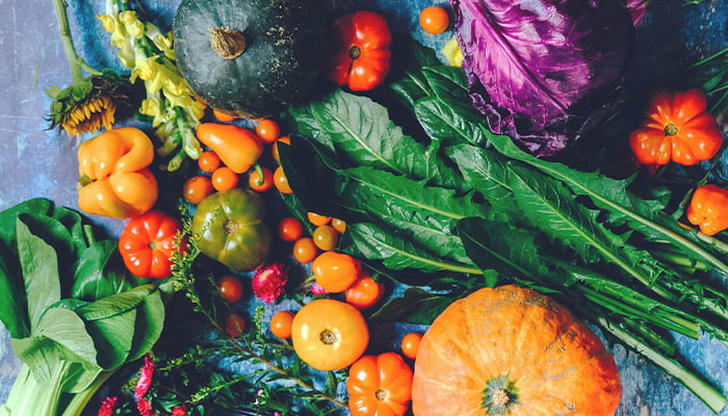
How Many Servings Are We Talking About?
Nutrition guidelines generally suggest at least five servings of vegetables per day. A "serving" is roughly:
- 1 cup of raw leafy greens
- 1/2 cup of other cooked or raw vegetables
- 1/2 cup of 100% vegetable juice
Recent studies show that people who hit this five-a-day benchmark have a noticeably lower risk of several types of cancer, particularly colorectal, stomach, and esophageal cancers. Even better, the protective effect doesn't just stop at five servings---some research suggests that seven to nine servings can further reduce cancer risk.
Of course, moderation and variety are key. Eating five servings of just carrots every day won't have the same effect as a colorful mix of vegetables.
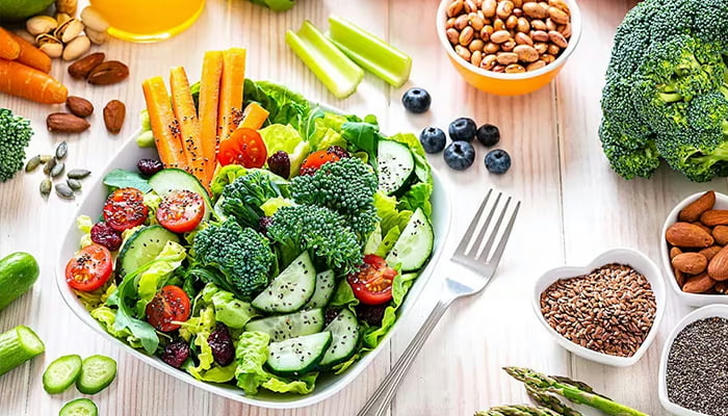
Why Vegetables Help Protect Against Cancer
Vegetables are packed with vitamins, minerals, fiber, and a host of compounds called phytochemicals. These phytochemicals---things like flavonoids, carotenoids, and sulforaphane---have been shown to:
- Fight inflammation
- Protect cells from damage
- Help your body detoxify potential carcinogens
Fiber also plays a starring role: it keeps your digestive system running smoothly, which is particularly important for preventing colon cancer.
Antioxidants, another group of plant compounds, protect your DNA from damage. When DNA is damaged, cells can start to grow uncontrollably, which is the first step toward cancer. By eating a variety of vegetables, you're essentially giving your body a toolkit of protective compounds to fight off that cellular chaos.
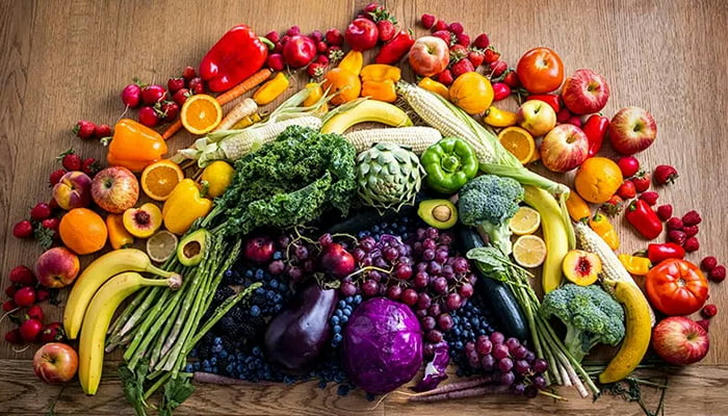
Color Matters: Eat a Rainbow
Not all vegetables are created equal. Different colors provide different protective compounds:
- Dark leafy greens (spinach, kale): Loaded with lutein and zeaxanthin, antioxidants that may lower cancer risk
- Cruciferous vegetables (broccoli, cauliflower, Brussels sprouts): Contain glucosinolates, which studies suggest can help prevent tumor formation
- Red and orange veggies (bell peppers, carrots, sweet potatoes): Bring beta-carotene to the table, supporting immune system and cellular health
Eating a rainbow isn't just a visual trick---it's science. Different colored vegetables provide different phytochemicals, so variety maximizes your protection.
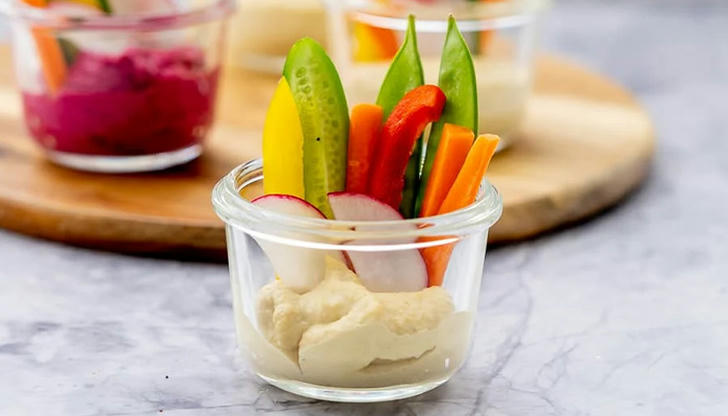
Tips for Hitting Your Veggie Goal
- Sneak them into every meal: Add spinach to morning smoothies, toss bell peppers into omelets, or pile roasted veggies on sandwiches
- Go for snacks, not just sides: Carrot sticks, cherry tomatoes, or cucumber slices with hummus make great in-between meal options
- Try frozen or canned options: Frozen vegetables are picked at peak ripeness and retain most nutrients (watch for added salt/sugar in canned varieties)
- Experiment with cooking methods: Steaming, roasting, or sautéing with olive oil can boost flavor without sacrificing nutrients

Don't Forget Lifestyle Factors
While vegetables are powerful, they're part of a bigger picture. Maintaining a healthy weight, staying physically active, limiting alcohol, and avoiding smoking all play huge roles in reducing cancer risk. Think of veggies as one crucial piece of your health puzzle rather than a magic bullet.

Small Changes, Big Impact
If you're not used to eating many vegetables, don't stress about hitting nine servings tomorrow. Start small:
- Add one extra serving to lunch or dinner
- Gradually increase over time
- Swap fries for a side salad a few times a week
Even modest changes can make a meaningful difference over the long term. The science is clear: vegetables help your body defend itself. By making them a priority in your diet, you're not only supporting your heart, brain, and digestion---you're taking a proactive step in cancer prevention.
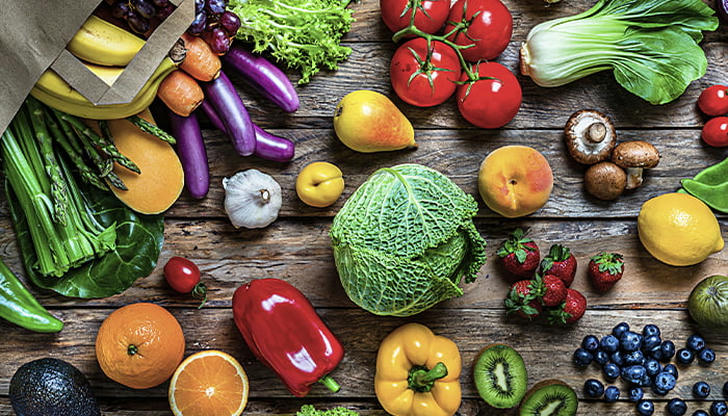
The Bottom Line
Aim for at least five servings of vegetables a day, focus on a variety of colors, and make them a regular part of every meal. The benefits are cumulative: the longer you maintain these habits, the greater your protection against cancer. Your future self---and your cells---will thank you.
